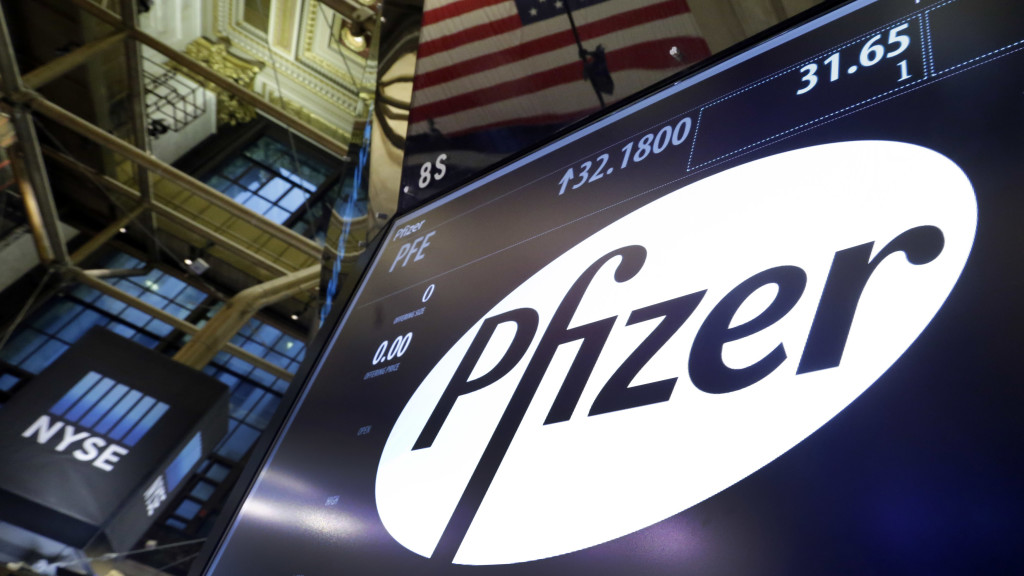Pfizer CEO, Albert Bourla raked in almost $5.6 million from the sale of 132,508 units of his stake at the pharmaceutical company. The company’s stock value went up by as much as 15 percent on Monday after the company announced that its COVID-19 vaccine candidate is 90 percent effective.
Bourla doubles as Pfizer’s CEO and Chairman, he joined the company in 2019. His total direct compensation for 2019 was $15.6 million, including a salary of $1.6 million, according to the company’s proxy statement.
The executives’ stock sales came the same day Pfizer and BioNTech said their COVID-19 vaccine candidate was more than 90% effective in preventing the disease, based on early data from the ongoing Phase 3 study.1 The companies plan to apply for emergency use authorization from the Food and Drug Administration after they reach safety milestones in the third week of November.
Shares in Pfizer closed up nearly 8% on Monday on the news, valuing the stock at $39.20 apiece.
Pfizer is the first vaccine developer to release Phase 3 data and it is contracted to produce between 100 million and 600 million doses for the U.S. Peers Moderna and AstraZeneca expect to release Phase 3 results this month and by the end of the year, respectively.













